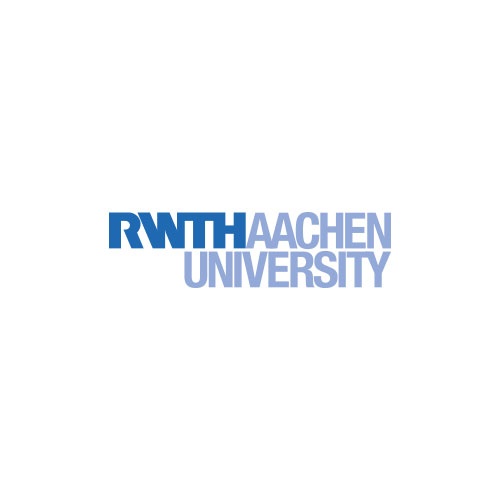RWTH Launches “KOMPAKT” Research Project
Changing demands on public spaces, climate protection, and mobility require us to rethink public areas. Parking accounts for just under nine percent of inner-city space in Aachen. Efficient parking is therefore important when it comes to freeing up areas for other uses. As part of the “KOMPAKT” – Coordinated Management of Parking Lots in Cities Project, a consortium consisting of the City of Aachen, Aachener Parkhaus GmbH, SONAH GmbH, and anny GmbH, led by the RWTH Chair and Institute of Urban and Transport Planning, will be testing and researching demand-oriented and area-efficient parking management over the next three years. The German Federal Ministry for Digital Infrastructure and Transport has granted the project funding of 1.35 million euros in the mFUND Innovation Initiative until January 2025.
Digital data and applications, such as real-time parking availability displays and parking lot bookings, are intended to simplify the flexible management of different parking lots in public and private hands. As a foundation for their planning, data on parking rates, parking behavior, and capacity for various areas (streets, parking lots, private parking spaces) will be collected and made publicly available. In addition to cars, data on bicycles and e-scooters will also be collected to analyze the demand for parking from as many road users’ perspectives as possible. Dynamic rates and digital user group-specific parking bookings in parking garages and other private areas are being tested to ensure the efficient utilization of free parking spaces. In the project, two parking garages are being technically converted to enable license plate-based entry and exit, and a web- and app-based booking platform for the use of privately owned parking spaces is also being set up. Workshops with various user groups are planned during the project to develop needs-based measures for different neighborhoods.
“Parking management is an important control tool when it comes to changing mobility requirements. A solid database on parking availability and use plays a key role here. The “KOMPAKT” Project contributes to a better understanding of the mechanisms of stationary traffic in large cities,” says Dr. Conny Louen from the Chair and Institute of Urban and Transport Planning.
The German Federal Ministry for Digital Infrastructure and Transport (BMDV) has been providing funding for data-based research and development projects for the future of digital and connected mobility through the mFUND Innovation Initiative since 2016. Project funding is supplemented by active professional networking between key players from politics, business, administration, and research and aided by open data provided via Mobilithek data platforms.

